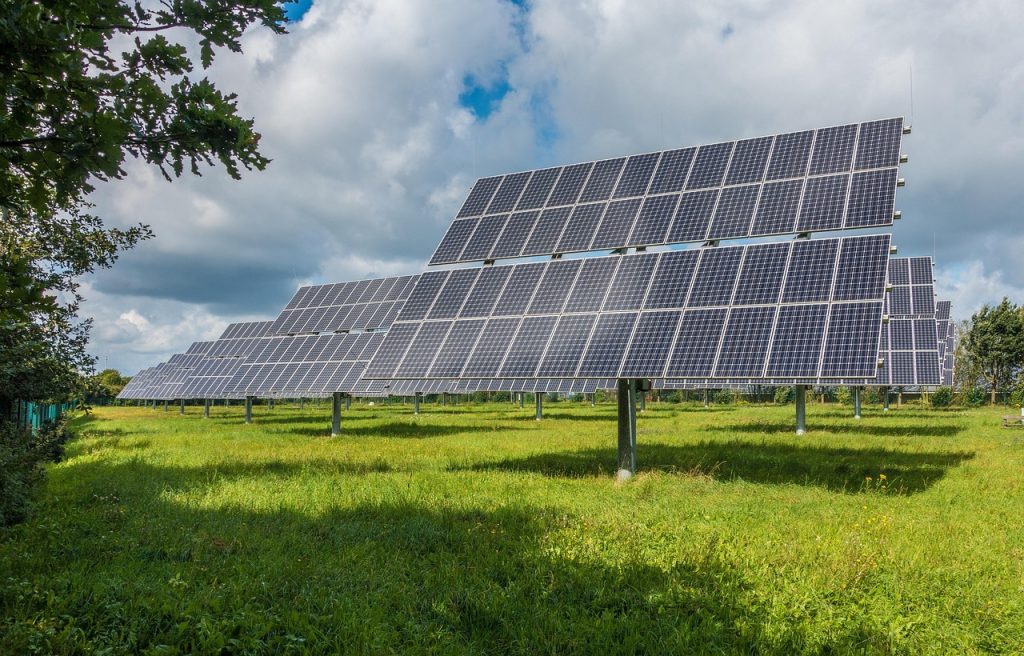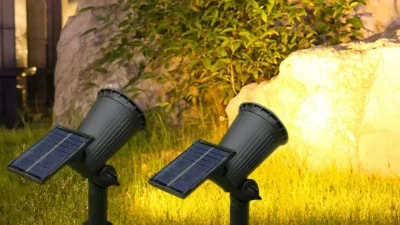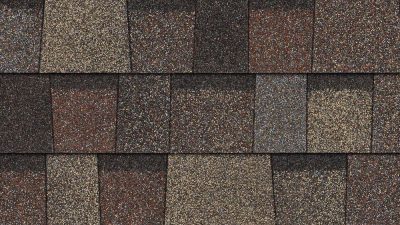Solar panels have become a popular way for homeowners to reduce energy costs, increase property value, and support environmental sustainability. While the benefits of solar energy are well known, many people overlook how installing solar panels can impact their home insurance rates. Understanding the intersection of solar energy and home insurance is crucial before you make the investment. This guide will explain how solar panels affect your insurance, what you should consider, and how to ensure your home remains fully protected after installation.
- Do Solar Panels Increase Home Insurance Rates?
- Why Insurance Companies Factor Solar Panels Into Rates
- Types of Solar Panel Installations and Their Insurance Impacts
- What Homeowners Need to Disclose to Insurers
- How to Make Sure Your Solar Panels Are Properly Covered
- Tips for Minimizing Insurance Costs After Installing Solar
- Conclusion: The Key Takeaways on Solar Panels and Insurance
Do Solar Panels Increase Home Insurance Rates?
Many homeowners wonder if adding solar panels will increase their home insurance premiums. The short answer is: sometimes. Insurance companies determine rates based on the risk and value associated with your home. Solar panels are a significant investment, often adding $10,000 or more to the replacement value of your property. In many cases, this means your insurance policy may need to cover more. As a result, your premium could go up, though the increase is often modest when compared to the overall benefits.
On the positive side, most standard home insurance policies will cover rooftop solar panels as part of the dwelling, provided you inform your insurer. However, if your solar panels are installed as a ground mount structure or in another unique configuration, coverage rules might differ.

- Most rooftop solar panels are included under dwelling coverage.
- Insurers may increase your dwelling coverage limit to reflect added value.
- Your rates may rise slightly if the risk for damage, theft, or liability increases.
Before installation, it is crucial to talk to your insurance agent to clarify how adding solar affects your specific policy and premium.
Why Insurance Companies Factor Solar Panels Into Rates
Why do solar panels impact your insurance costs? The primary reason is that they alter both the replacement value and risk profile of your home. When an insurer underwrites your policy, they are responsible for restoring your property in the event of a loss, such as fire, storm, theft, or vandalism. Since solar panels add significant value, the insurer stands to pay more if an issue arises.
Risks Associated With Solar Panels
- Fire Hazard: While rare, faulty installation can pose electrical fire risks.
- Storm and Weather Damage: Hail, wind, or falling tree branches might damage panels, especially in areas prone to extreme weather.
- Theft or Vandalism: Solar panels are valuable and visible, sometimes making them a target.
- Liability: Roof mounted panels may increase liability risks if they detach in a storm and cause damage to neighboring properties.
Insurers consider all these factors when assessing how much to charge for your premium. The actual increase in cost will depend on your insurer, local climate, the type of solar panel system, and your home’s characteristics.
Types of Solar Panel Installations and Their Insurance Impacts
The way your solar panels are installed can change your insurance needs. Here are the most common installation types:
- Rooftop Solar Panels: Most insurers treat these as part of the dwelling structure, covering them under your standard home insurance policy.
- Ground Mounted Solar Panels: These may be classified as “other structures” rather than part of the main residence. This might require a separate or increased limit for coverage.
- Leased Solar Systems: If you do not own your solar panels, but lease them from a third party, coverage is more complex. Usually, the leasing company insures the panels, but you may need to verify this and provide liability protection.
Key Differences You Should Know
- Ownership: You are responsible for insuring solar panels you own. Leased panels may be handled by the leasing company, but insurers still need to be notified.
- Policy Riders or Endorsements: Some policies require an endorsement or rider to cover solar panels at their full value.
- Location on Property: Insurers may differentiate between panels attached to the main house versus detached systems (e.g., in the yard or on a garage).
Understanding these distinctions is key to avoiding coverage gaps and unexpected out of pocket expenses if a loss occurs.
What Homeowners Need to Disclose to Insurers
Failing to inform your insurance company about your solar installation can cause significant problems in the event of damage or loss. Insurers need complete, up to date information to underwrite your policy and provide the right level of protection. Here’s what you should always tell your insurer after installing solar panels:
- Date of installation and details of the installer
- Total cost and system size (in kilowatts)
- Method of attachment (roof, ground, detached structure)
- Confirmation that the system complies with local codes and permitting
- Documentation of warranties, maintenance agreements, and electrical upgrades
Most insurers require documentation verifying that the installation was completed by a licensed professional and meets building codes. Keeping these records can speed up the claims process and prevent disputes about value or coverage scope.
How to Make Sure Your Solar Panels Are Properly Covered
Securing comprehensive insurance for your solar panels involves a few extra steps beyond basic homeowners insurance. Start by requesting that your insurer review your dwelling and other structures coverage limits. This ensures your policy will pay out enough to replace panels after a covered loss.
Steps to Review Your Coverage
- Notify your insurer before or immediately after installation. This allows them to update your policy and confirm proper coverage.
- Update dwelling coverage limits. Your home should be insured for its total replacement cost, including solar panel value.
- Explore endorsements or riders. Some insurers offer special endorsements for solar systems, which can provide more tailored protection.
- Verify liability protection. Extra liability may be needed, especially if you generate more electricity than you consume and send it back to the grid.
A standard homeowners policy generally covers damage from fire, storms, or theft. However, some disasters (such as flood or earthquake) require separate insurance even for solar panels. Be sure you know exactly which risks your policy covers.
Tips for Minimizing Insurance Costs After Installing Solar
Although most insurance carriers will increase your home value after solar panel installation, leading to a higher premium, there are strategies you can use to manage additional costs.
- Shop around for insurers that actively support solar installations and offer competitive coverage.
- Bundle policies (home, auto, and umbrella insurance) for discounts that offset premium increases.
- Maintain safety standards with professional installation, updated wiring, and routine inspections. Some insurers offer discounts for certain certifications and safety features.
- Higher deductibles can lower your monthly premium if you have adequate financial reserves for a larger out of pocket payment after a loss.
- Review your policy annually to ensure all home improvements including solar are reflected in your rebuilding cost estimate and coverage limit.
Not every insurer treats solar panels the same way, so it pays to compare and negotiate. Ask about specific solar endorsements, preferred installer programs, and available discounts.
Conclusion: The Key Takeaways on Solar Panels and Insurance
Installing solar panels is an investment that can save on energy costs, increase home value, and reduce your environmental impact. However, before making this upgrade, it is vital to understand how solar panels affect your home insurance rates. The size and value of your solar system, how it is installed, and the policies of your insurance provider can all play a role in determining your costs and coverage.
To ensure you are fully protected, always disclose solar installations to your insurance company, review your dwelling coverage limit, and explore specialized endorsements if available. By managing these details up front, you can enjoy the many benefits of solar power without the worry of inadequate protection or unexpected premium hikes.
Adding solar panels is a smart move for both your wallet and the environment. With the right insurance strategy, you can be confident that your home and investment are properly covered for years to come.





